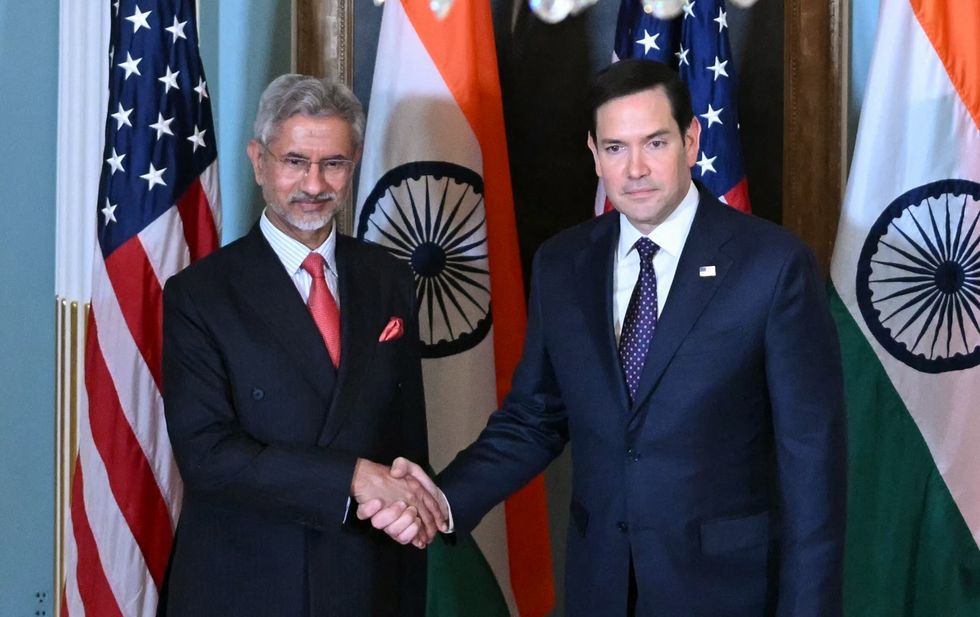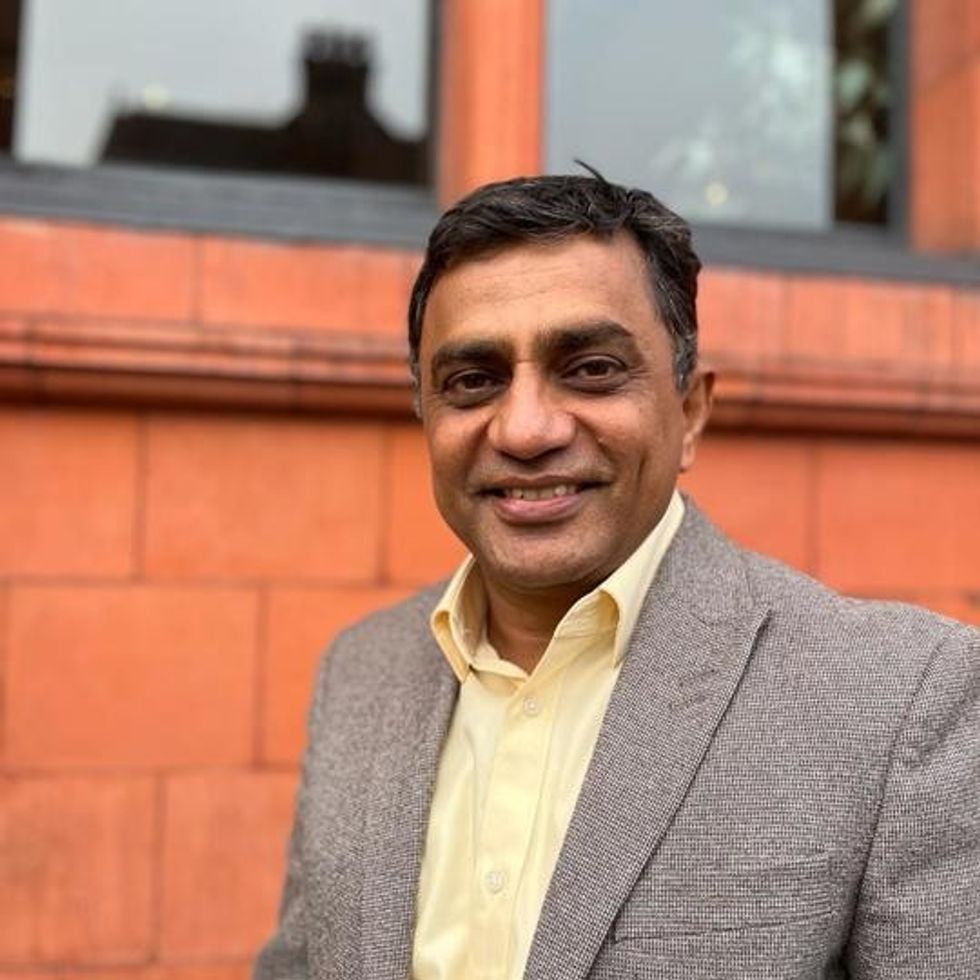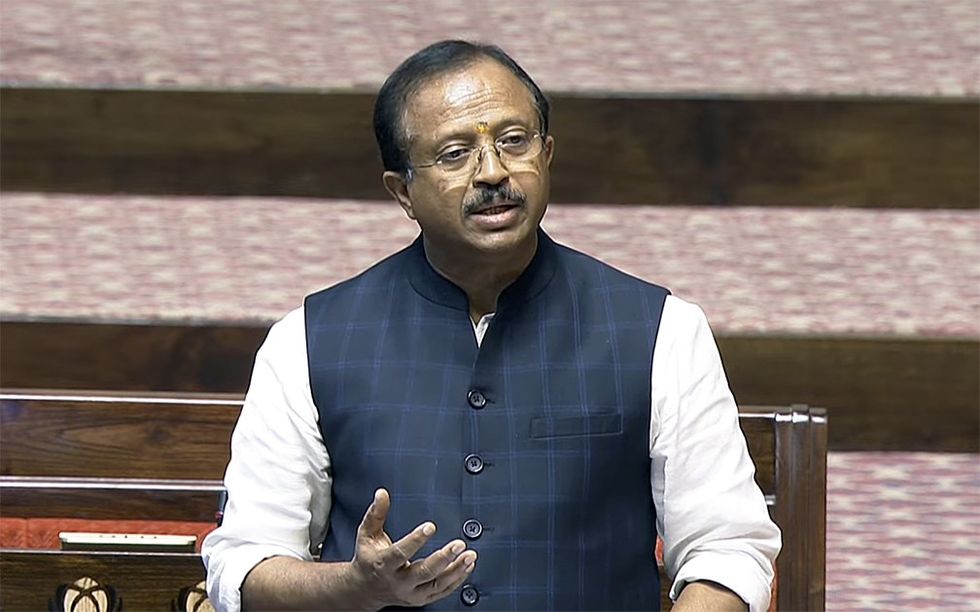In a sweeping legal victory for members of the Rohingya Muslim minority, the United Nations' top court on Thursday (23) ordered Myanmar take all measures in its power to prevent genocide against the Rohingya people.
The court's president, Judge Abdulqawi Ahmed Yusuf, said the International Court of Justice "is of the opinion that the Rohingya in Myanmar remain extremely vulnerable.
The court added that its order for so-called provisional measures intended to protect the Rohingya is binding "and creates international legal obligations" on Myanmar.
At the end of an hour-long sitting in the court's wood-paneled Great Hall of Justice, judges also ordered Myanmar to report to them in four months on what measures the country has taken to comply with the order and then to report every six months as the case moves slowly through the world court.
Rights activists immediately welcomed the unanimous decision.
"The ICJ order to Myanmar to take concrete steps to prevent the genocide of the Rohingya is a landmark step to stop further atrocities against one of the world's most persecuted people," said Param-Preet Singh, associate international justice director of New York-based Human Rights Watch. "Concerned governments and UN bodies should now weigh in to ensure that the order is enforced as the genocide case moves forward.
The world court order for what it calls provisional measures came in a case brought by the African nation of Gambia on behalf of an organization of Muslim nations that accuses Myanmar of genocide in its crackdown on the Rohingya.
At public hearings last month, lawyers for Myanmar's accusers used maps, satellite images and graphic photos to detail what they call a campaign of murder, rape and destruction amounting to genocide perpetrated by Myanmar's military.
The hearings drew intense scrutiny as Myanmar's former pro-democracy icon Aung San Suu Kyi defended the campaign by military forces that once held her under house arrest for 15 years.
Suu Kyi, who as Myanmar's state counselor heads the government, was awarded the 1991 Nobel Peace Prize for championing democracy and human rights under Myanmar's then-ruling junta. She wasn't present in court for Thursday's hearing.
Buddhist-majority Myanmar has long considered the Rohingya to be "Bengalis" from Bangladesh even though their families have lived in the country for generations. Nearly all have been denied citizenship since 1982, effectively rendering them stateless. They are also denied freedom of movement and other basic rights.
In August 2017, Myanmar's military launched what it called a clearance campaign in northern Rakhine state in response to an attack by a Rohingya insurgent group. The campaign forced more than 700,000 Rohingya to flee to neighboring Bangladesh and led to accusations that security forces committed mass rapes, killings and burned thousands of homes.
Suu Kyi told world court judges in December that the exodus was a tragic consequence of the military's response to "coordinated and comprehensive armed attacks" by Rohingya insurgents.
She urged judges to drop the genocide case and allow Myanmar's military justice system to deal with any abuses.
Thursday's ruling came two days after an independent commission established by Myanmar's government concluded there are reasons to believe security forces committed war crimes in counterinsurgency operations against the Rohingya, but that there is no evidence supporting charges that genocide was planned or carried out.
The report drew criticism from rights activists. Pending release of the full report, Phil Robertson, Human Rights Watch's deputy Asia director, said the panel's findings were what would have been expected from a non-transparent investigation by a politically skewed set of commissioners working closely with the Myanmar government."
At December's public hearings, Paul Reichler, a lawyer for Gambia, cited a UN fact-finding mission report at hearings last month that said military "clearance operations" in Myanmar's northern Rakhine state spared nobody.
"Mothers, infants, pregnant women, the old and infirm. They all fell victim to this ruthless campaign, he said.
Gambia's Justice Minister Aboubacarr Tambadou urged the world court to act immediately and tell Myanmar to stop these senseless killings, to stop these acts of barbarity that continue to shock our collective conscience, to stop this genocide of its own people.
The world court's orders are legally binding but it relies on the United Nations to add political pressure, if necessary, to enforce them.
The court is expected to take years to issue a final ruling in the case.

















 US secretary of state Marco Rubio with India’s foreign minister Subrahmanyam Jaishankar in Washington DC last Tuesday (21)
US secretary of state Marco Rubio with India’s foreign minister Subrahmanyam Jaishankar in Washington DC last Tuesday (21) Anit Mukherjee
Anit Mukherjee V Muraleedharan
V Muraleedharan Dr Sasikumar S Sundaram
Dr Sasikumar S Sundaram


 Workers clean communication equipment aboard INS Surat on January 11
Workers clean communication equipment aboard INS Surat on January 11